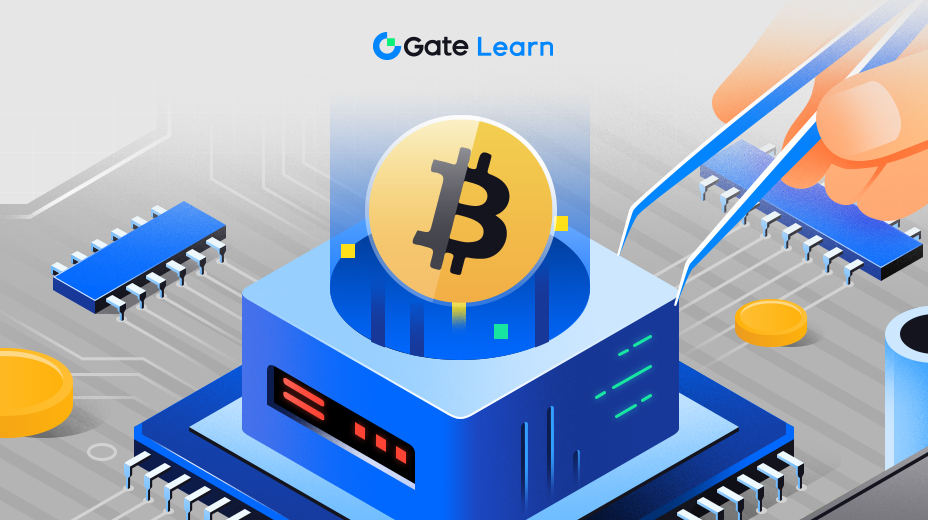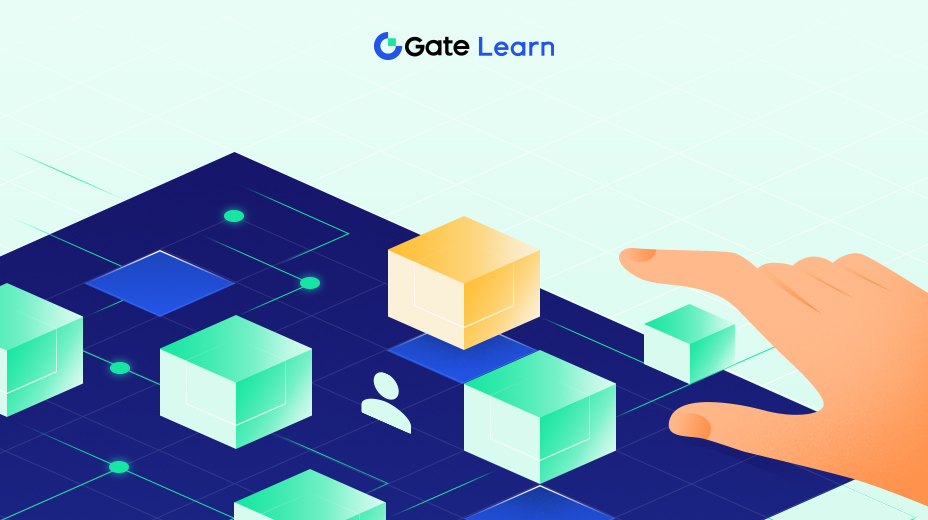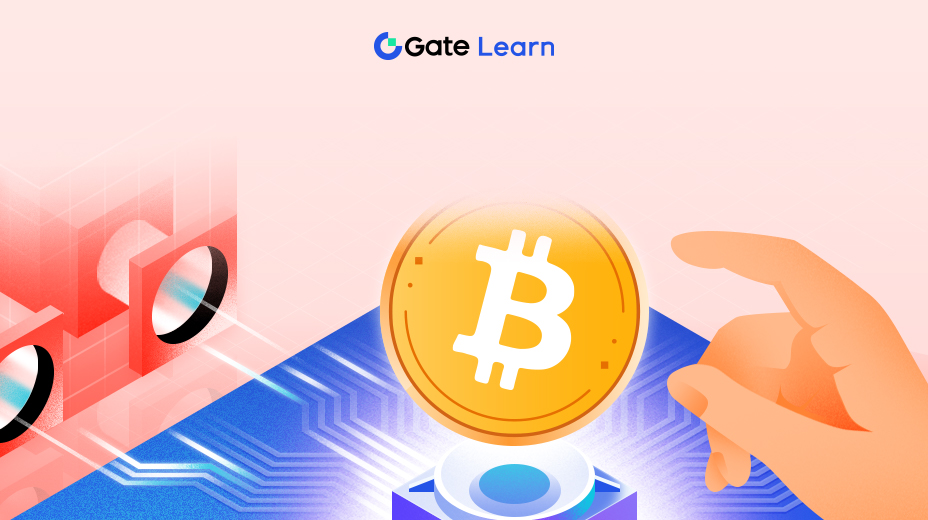Mapa de ruta y exploración futura
El último módulo describe la dirección futura de desarrollo de Rollux, incluyendo actualizaciones tecnológicas planificadas como la integración de IA y aprendizaje automático. Este módulo presenta la hoja de ruta de Rollux, destacando los hitos clave destinados a mejorar la escalabilidad y fomentar una aplicación más amplia en el campo de la cadena de bloques. Además, se exploran nuevos conceptos y avances tecnológicos potenciales que el equipo de Rollux y Syscoin están investigando.
Desarrollo futuro
La dirección futura de Rollux experimentará una notable expansión y avance tecnológico. La hoja de ruta incluye mejoras continuas en las funciones principales de blockchain y su expansión a áreas de vanguardia como la inteligencia artificial (IA) y el aprendizaje automático (ML). Estas innovaciones tienen como objetivo mejorar la eficiencia, seguridad y escalabilidad de la plataforma, al mismo tiempo que exploran nuevos escenarios y mercados para brindar a Rollux mayores oportunidades de aplicación y potencial de mercado.

Mejora de la escalabilidad
Rollux planea mejorar aún más la escalabilidad mediante la optimización continua de sus soluciones de capa 2, incluida la tecnología Rollup más avanzada. El objetivo es aumentar el rendimiento de las transacciones sin sacrificar la seguridad o la descentralización, lo que permite a Rollux manejar mayores volúmenes de transacciones y admitir aplicaciones más complejas.
Mejora de seguridad
La seguridad siempre ha sido la principal prioridad, y las actualizaciones futuras se centrarán en mejorar la capacidad de la red para hacer frente a las nuevas amenazas. Esto incluye la integración de nuevas tecnologías de cifrado y mecanismos de consenso más potentes para proporcionar una mayor seguridad en las transacciones y contratos inteligentes.
Función de interoperabilidad
Rollux se centra en la interoperabilidad entre diferentes plataformas de blockchain. El desarrollo futuro se enfocará en facilitar la interacción sin problemas con otras blockchains principales, mejorando así la capacidad operativa del ecosistema Rollux en entornos de blockchain multi-cadena, y mejorando su utilidad en el ecosistema multi-cadena.
La extensión integrada con IA y aprendizaje automático
Rollux está explorando la integración de la IA en los contratos inteligentes para automatizar procesos de toma de decisiones más complejos dentro de los contratos. Esto conducirá a contratos más inteligentes y con mayor capacidad de respuesta que sean capaces de adaptarse a las condiciones cambiantes y proporcionar servicios más complejos sin intervención humana.
Además, Rollux también tiene planes de utilizar tecnología de aprendizaje automático para mejorar la seguridad, especialmente en la identificación y prevención de actividades fraudulentas en blockchain. Al analizar los patrones de transacción y detectar anomalías, Rollux tiene como objetivo abordar proactivamente problemas de seguridad y mantener la integridad de la cadena de bloques.
Utilizando la IA para analizar grandes cantidades de datos generados en la cadena de bloques, se pueden obtener valiosas ideas sobre el comportamiento de los usuarios, las tendencias de los activos y las posibles amenazas de seguridad. Esto no solo mejora la funcionalidad de Rollux, sino que también proporciona a los usuarios y desarrolladores herramientas para comprender y optimizar la interacción en la plataforma.
Para apoyar el desarrollo del ecosistema de Rollux, continuaremos invirtiendo en el desarrollo de herramientas y API más avanzadas para los desarrolladores. Estas herramientas facilitarán a los desarrolladores la creación y implementación de aplicaciones en Rollux, especialmente aquellas que utilizan tecnologías de inteligencia artificial y aprendizaje automático.
La educación se convertirá en una de las estrategias clave de Rollux para impulsar la adopción y la innovación. Esto incluye la celebración de seminarios, la provisión de tutoriales y la colaboración con instituciones académicas para difundir la tecnología blockchain y sus funcionalidades, y promover la investigación y el desarrollo de la tecnología blockchain.
Arquitectura avanzada de blockchain
Mecanismo de consenso híbridoRollux y Syscoin están explorando un mecanismo de consenso híbrido que combina las ventajas de Proof of Work (PoW) y Proof of Stake (PoS). Este enfoque innovador tiene como objetivo mejorar la velocidad de las transacciones y reducir el consumo de energía, al tiempo que mantiene las sólidas características de seguridad de PoW.
Interoperabilidad entre cadenas: Otro ámbito clave es el desarrollo de soluciones de interoperabilidad de cadena cruzada más avanzadas para lograr transacciones e interacciones sin problemas entre diferentes redes de blockchain. Esto promoverá un ecosistema de blockchain más interconectado, permitiendo la libre circulación de activos y datos entre cadenas, mejorando así la utilidad y eficiencia de las aplicaciones de blockchain.
La integración de la cadena de bloques y la inteligencia artificialRollux está investigando cómo utilizar la inteligencia artificial para optimizar las operaciones de blockchain, mejorar las funciones de contratos inteligentes y mejorar los protocolos de seguridad. Por ejemplo, la IA se puede utilizar para análisis predictivo en operaciones de red o para procesos de toma de decisiones complejas automatizadas dentro de contratos inteligentes.
criptografía post-cuánticaCon el desarrollo de la computación cuántica, también aumenta la amenaza potencial para los estándares de cifrado actuales. Rollux y Syscoin están investigando activamente métodos de cifrado cuántico resistente para garantizar la seguridad y viabilidad a largo plazo de sus soluciones de blockchain.
Solución descentralizada de identidad
Rollux está explorando el uso de sistemas de identidad descentralizados. Estos sistemas aprovechan blockchain para proporcionar un mecanismo de identidad seguro, inmutable y controlado por el usuario que promete revolucionar la forma en que se almacenan, comparten y verifican los datos personales en múltiples dominios.
La aplicación de la cadena de bloques en la gestión de la cadena de suministro
Rollux sigue investigando la aplicación de la tecnología blockchain en la gestión de la cadena de suministro. La blockchain puede proporcionar registros transparentes e inmutables del flujo de productos en la cadena de suministro, lo que reduce el fraude, mejora la capacidad de rastreo y aumenta la eficiencia de la cadena de suministro.





